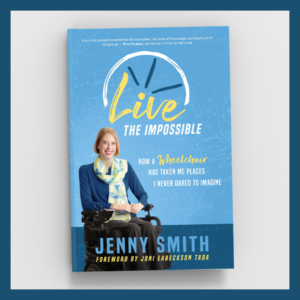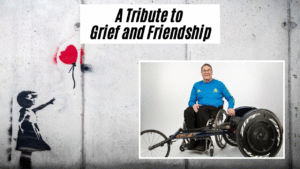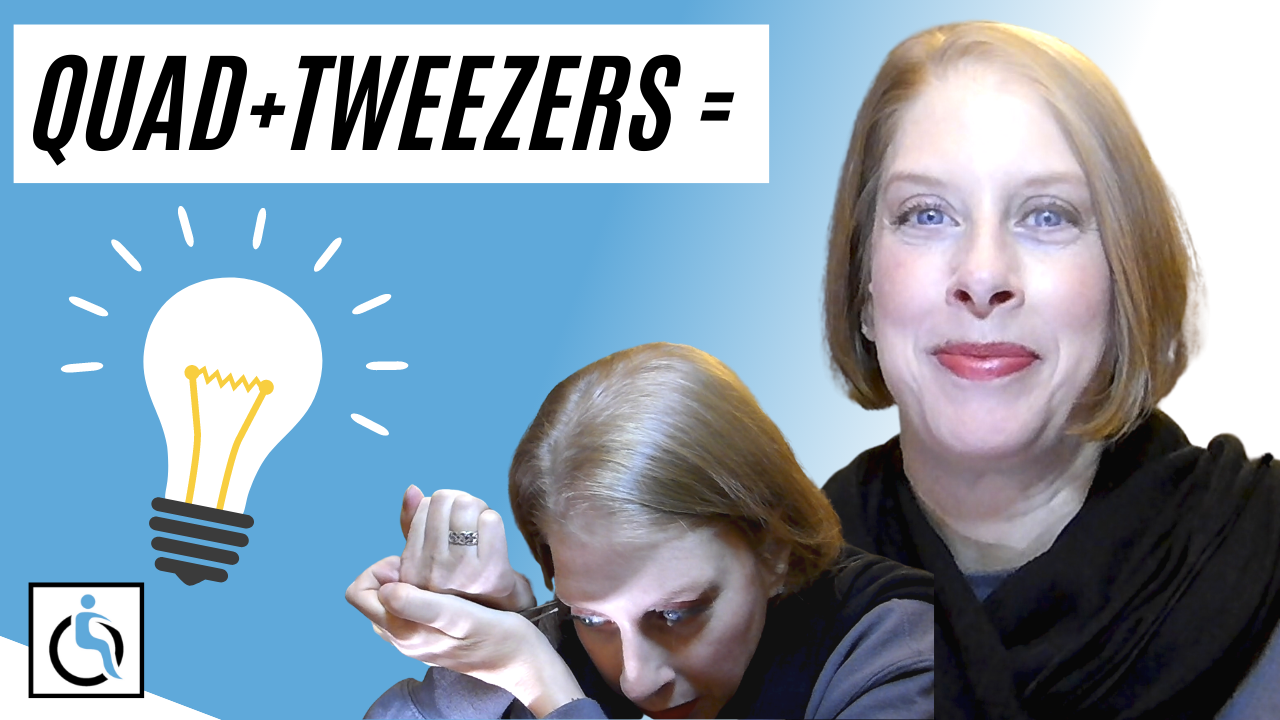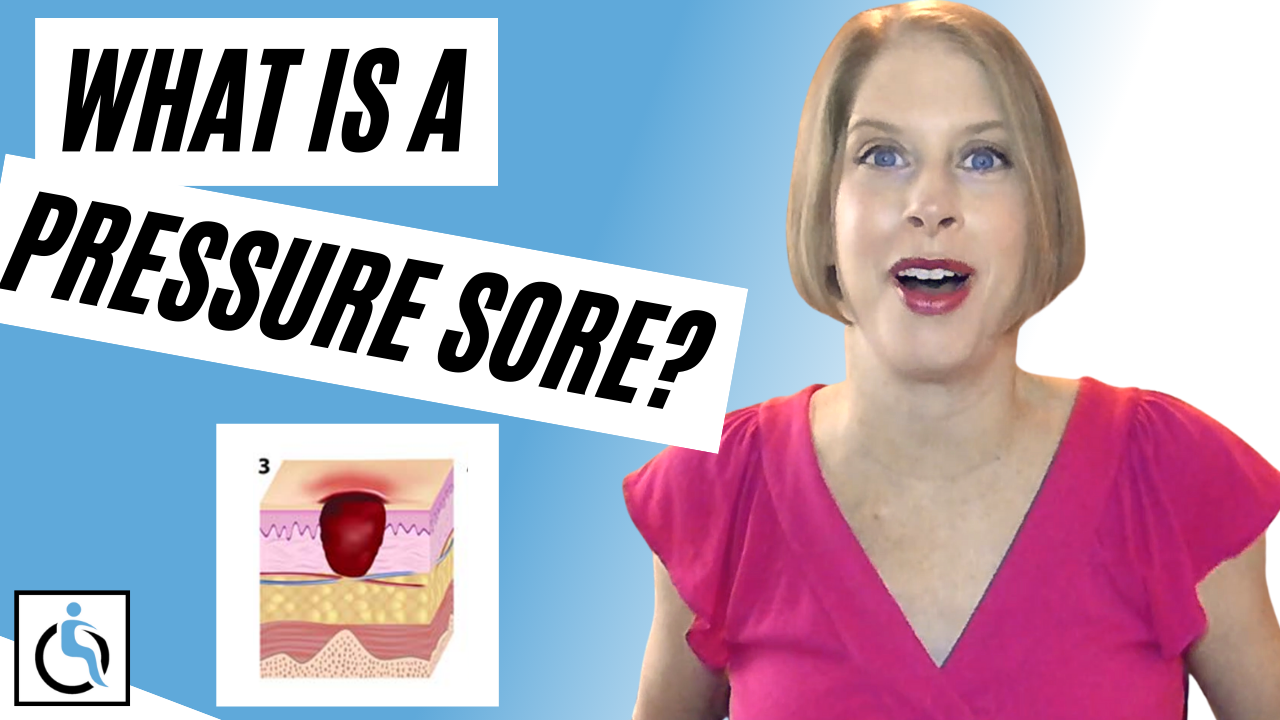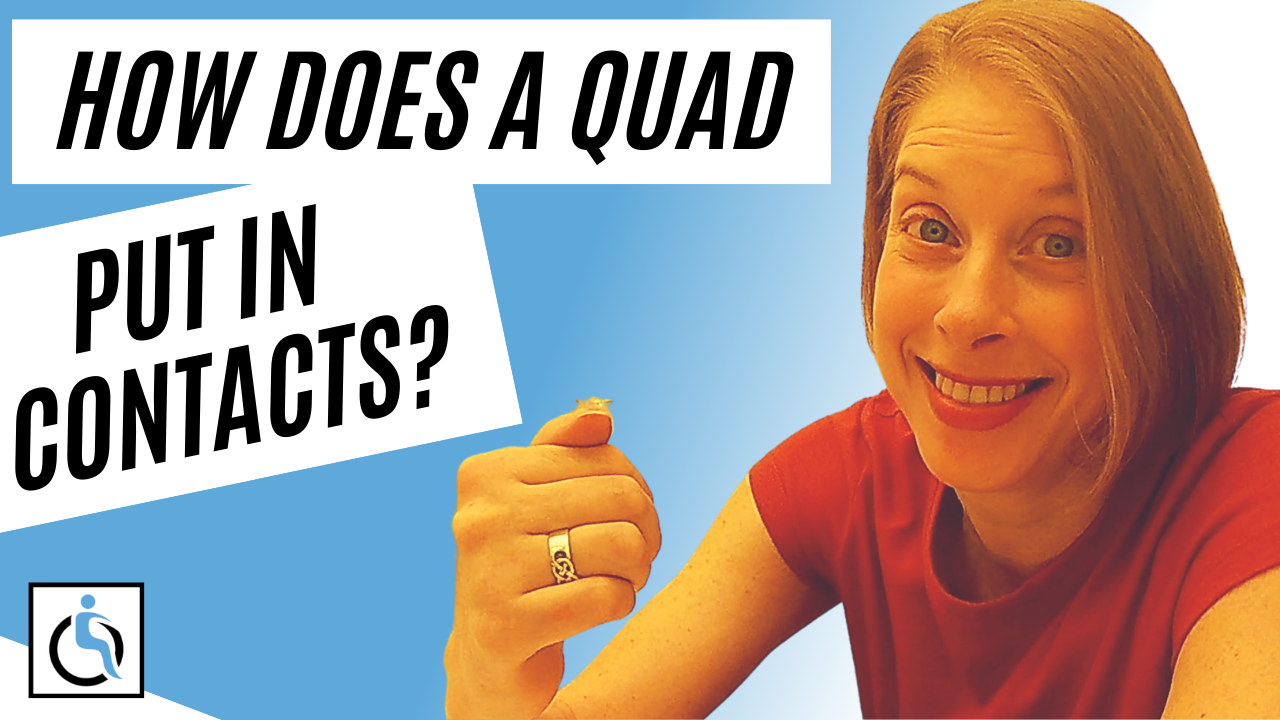A high-pressure environment can be difficult for anyone to manage. Add in an internal burden for perfection you place on yourself to millions of people expecting perfection from you. Now be placed under the microscope of international coverage. Teammates and commentators call you by your nickname, the GOAT (Greatest of All Time).
What happens when this pressure cooker explodes 15 or 20 feet in the air and at high speeds at the Olympic Games?
I’m glad we didn’t see the worst-case scenario today. Thankfully, Simone Biles’s exceptional athleticism had her on her feet and not face-first on a mat paralyzed.
I was no Simone Biles, though I was a competitive gymnast for years. I had a few injuries, the majority of which happened in high-pressure situations when I had placed undue stress on myself to perform or from the external pressure of a coach.
The fear of failure. Not being good enough. Holding back in fear.
Ironically, it was in a low-pressure environment while tumbling that my world spun out of control, and I landed face-first in the grass. Hearing a pop, and losing all feeling and movement in my arms and legs, I sustained a spinal cord injury that left me a quadriplegic.
Yes, an athlete assumes a level of risk when competing. Yes, one can learn coping mechanisms to manage the pressure of competition. But not a single person on this earth can be expected to carry the weight of a nation without some physical or emotional repercussions.
While there is debate as to what happened during that vault, it appears Biles “got lost in the air.” It’s a scary feeling, not to mention dangerous.
After being rattled by such an experience, the most dangerous thing might have been for Simone to get back up on the next event and hold back out of fear. Holding back in fear only causes more opportunity for injury. I experienced this personally as a gymnast as well as in my spinal cord injury life with transfers.
Fear can be dangerous. Devastating. Paralyzing.
Was pulling out of the competition the right thing to do? That’s an answer only Simone Biles can answer. Her physical and emotional health is more important than any color medal that was on the line.
One thing I’m sure of: I’m glad I don’t have a 24-year-old who needs a peer mentor to learn how to live life after a spinal cord injury.
Simone Biles dared to do what she believed was best for her. Sometimes that’s the most difficult decision to make.
